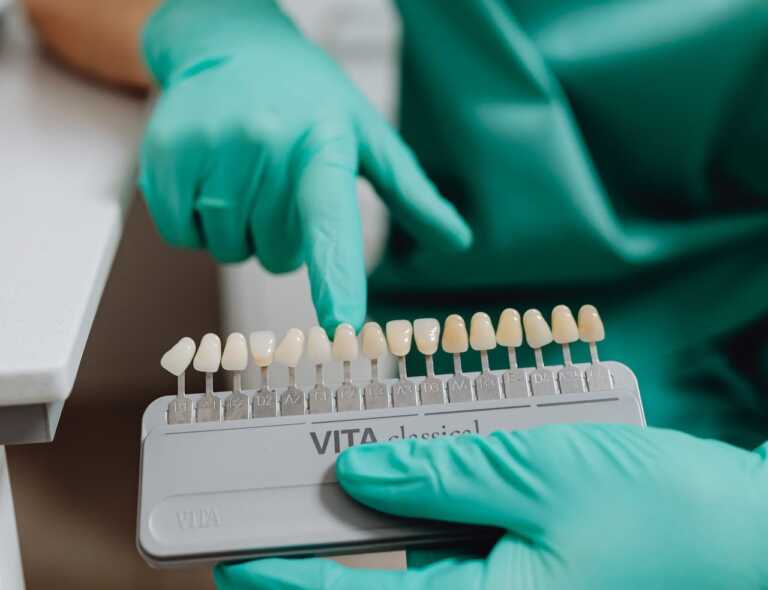
The field of urology, predominantly focused on the urinary tract and the male reproductive system, has traditionally been male-centric. However, with an increasing understanding of the unique urological challenges faced by women, the disciplines of female urology and urogynecology have gained significant traction.
These specialised areas address the complexities of women’s urological health, offering tailored solutions and a comprehensive approach to the diagnosis, treatment, and prevention of urological conditions.
Understanding Female Urology
Female urology deals with the diagnosis and treatment of urinary tract disorders specific to women. Unlike men, women face unique urological challenges stemming from physiological differences, childbirth, and hormonal fluctuations.
The common conditions addressed by female urologists include recurrent urinary tract infections (UTIs), bladder pain syndrome, and urinary incontinence.
Urinary Tract Infections (UTIs)
The anatomy of a female’s urinary tract makes her more susceptible to UTIs. The shorter urethra and its proximity to the anus can lead to easier bacterial migration. Preventative measures and early detection are paramount in managing and treating recurrent UTIs.
Bladder Pain Syndrome
This condition, formerly known as interstitial cystitis, presents with chronic bladder pain and increased frequency of urination. Its exact cause remains unknown, making it essential for female urologists to adopt a multi-faceted approach in its management.
Urinary Incontinence
Often a result of childbirth, menopause, or ageing, urinary incontinence can significantly impact the quality of life. There are various types, including stress incontinence (leakage with coughing or sneezing) and urge incontinence (sudden urge to urinate). Female urologists are equipped with specialised knowledge to address this concern comprehensively.
Delving Into Urogynecology
Urogynecology merges the fields of urology and gynaecology to address pelvic floor disorders in women. The pelvic floor, a complex web of muscles, ligaments, and connective tissues, supports the bladder, uterus, vagina, and rectum.
Given its intricate structure and the pressures it endures (like childbirth), it’s not surprising that many women face pelvic floor dysfunction at some point.
Pelvic Organ Prolapse
A leading concern in urogynecology is pelvic organ prolapse, where pelvic organs descend due to weakened supportive structures. This can manifest as a bulge in the vagina or a feeling of heaviness. Depending on its severity, treatments can range from pelvic floor physiotherapy to surgical interventions.
Overactive Bladder
Women with an overactive bladder often experience a sudden and uncontrollable need to urinate. This can be distressing and socially disruptive. Urogynecologists, leveraging their dual expertise, can provide holistic treatments encompassing behavioural therapies, medications, and advanced procedures.
Clinics Approach
The Urocare clinic is a beacon in the realm of female urology and urogynecology. Their patient-centric approach ensures that women receive personalised care tailored to their unique needs. By staying updated with the latest research and innovations, the clinic offers state-of-the-art treatments, ensuring optimal outcomes for its patients.
The Need for Specialised Care
Addressing women’s urological health requires a nuanced understanding of their physiological and anatomical differences, combined with the intricacies of the conditions they face. This calls for specialists who, beyond the standard urological training, have a keen focus on female-specific issues.
With the rise of female urology and urogynecology, women now have the chance to receive care that truly understands and caters to their needs.
Conclusion
As our understanding of women’s urological health deepens, the importance of female urology and urogynecology becomes even more evident.
By bridging the knowledge gaps and offering a comprehensive approach to care, these disciplines ensure that women’s unique urological challenges are met with expertise, compassion, and cutting-edge treatments. It’s a reassuring step towards holistic healthcare, where every individual, irrespective of gender, receives the specialised care they deserve.





